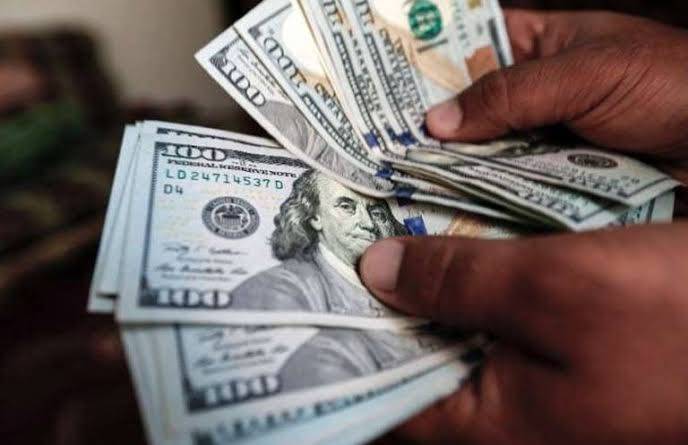Nigeria’s Senate Approves Bill To Prohibit Foreign Currency Use In Landmark Move
A bill aimed at prohibiting the use of foreign currencies in Nigeria has successfully passed its first reading in the Senate, signaling the potential for significant shifts in the country’s economic policies. The proposed legislation seeks to curb the widespread use of foreign currencies such as the US dollar and the British pound in domestic transactions, which has long been a concern for the Nigerian government. Proponents argue that this move will help stabilize the naira, Nigeria's national currency, and reduce its dependence on foreign currencies, which has contributed to the ongoing pressure on the exchange rate.
The bill, which is yet to go through more legislative processes, comes amid rising concerns over the dollarization of the Nigerian economy. Many businesses and individuals have turned to foreign currencies to hedge against inflation and the volatility of the naira. This trend has made it difficult for the Central Bank of Nigeria (CBN) to manage the country's monetary policy effectively, as the demand for foreign currency continues to grow, creating an imbalance in the economy.
If the bill passes, Nigeria could see stricter regulations on the use of foreign currencies in everyday transactions. This could impact sectors such as real estate, international trade, and even smaller businesses that rely on foreign exchange for importing goods and services. Supporters of the bill argue that it will help strengthen the local currency by encouraging people to conduct transactions in naira, which will, in turn, reduce the demand for foreign currencies.
Critics, however, have raised concerns that the bill might stifle business operations and limit economic growth, particularly in industries that are heavily reliant on foreign currency for imports and trade. They argue that the move could exacerbate existing challenges in the foreign exchange market and lead to unintended consequences, such as increased inflation and a rise in the cost of goods and services.
The passage of this bill marks the beginning of a broader conversation about Nigeria's economic future and its approach to managing its currency. As the bill progresses through the legislative process, it will be closely scrutinized by economists, business leaders, and the public, with many hoping that it will lead to a more stable and resilient economy. The outcome of this bill could reshape Nigeria’s financial landscape and set the tone for future monetary policies that could either bolster or hinder economic growth in the years to come.


